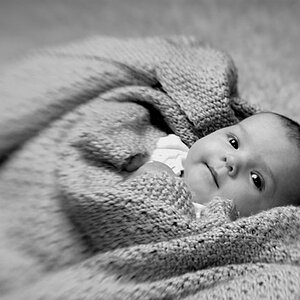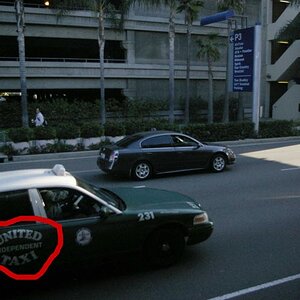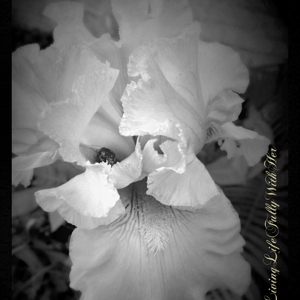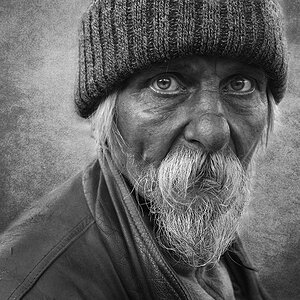kathyt
Been spending a lot of time on here!
- Joined
- Oct 11, 2012
- Messages
- 3,759
- Reaction score
- 1,888
- Can others edit my Photos
- Photos OK to edit
I don't think entirely in terms of emotion, but in terms of reaction. Art can make me think, wonder, shout, recoil, or a million other things. It can also make me feel.
Very good point. Isn't that what art is all about? It sparks conversations, thought processes, and though positive or negative, can truly speak a thousand words. I can still think of a few images from 9/11 that have stuck with me over the years that really do stop me in my tracks every time I see them.




![[No title]](/data/xfmg/thumbnail/39/39294-339c772c727b255b9451f2639f2bc28e.jpg?1619738959)

![[No title]](/data/xfmg/thumbnail/39/39292-4169a355b794ae9735845c4ad45d06ff.jpg?1619738958)

![[No title]](/data/xfmg/thumbnail/37/37624-7f9c9a5c8c7bcb5e62f67313e2e48dbc.jpg?1619738153)

![[No title]](/data/xfmg/thumbnail/32/32707-3c49d54a87afb53e65c60391858400be.jpg?1619735611)

![[No title]](/data/xfmg/thumbnail/39/39532-073f9eb14e26e2b99cc29112b92a2ab6.jpg?1619739072)

